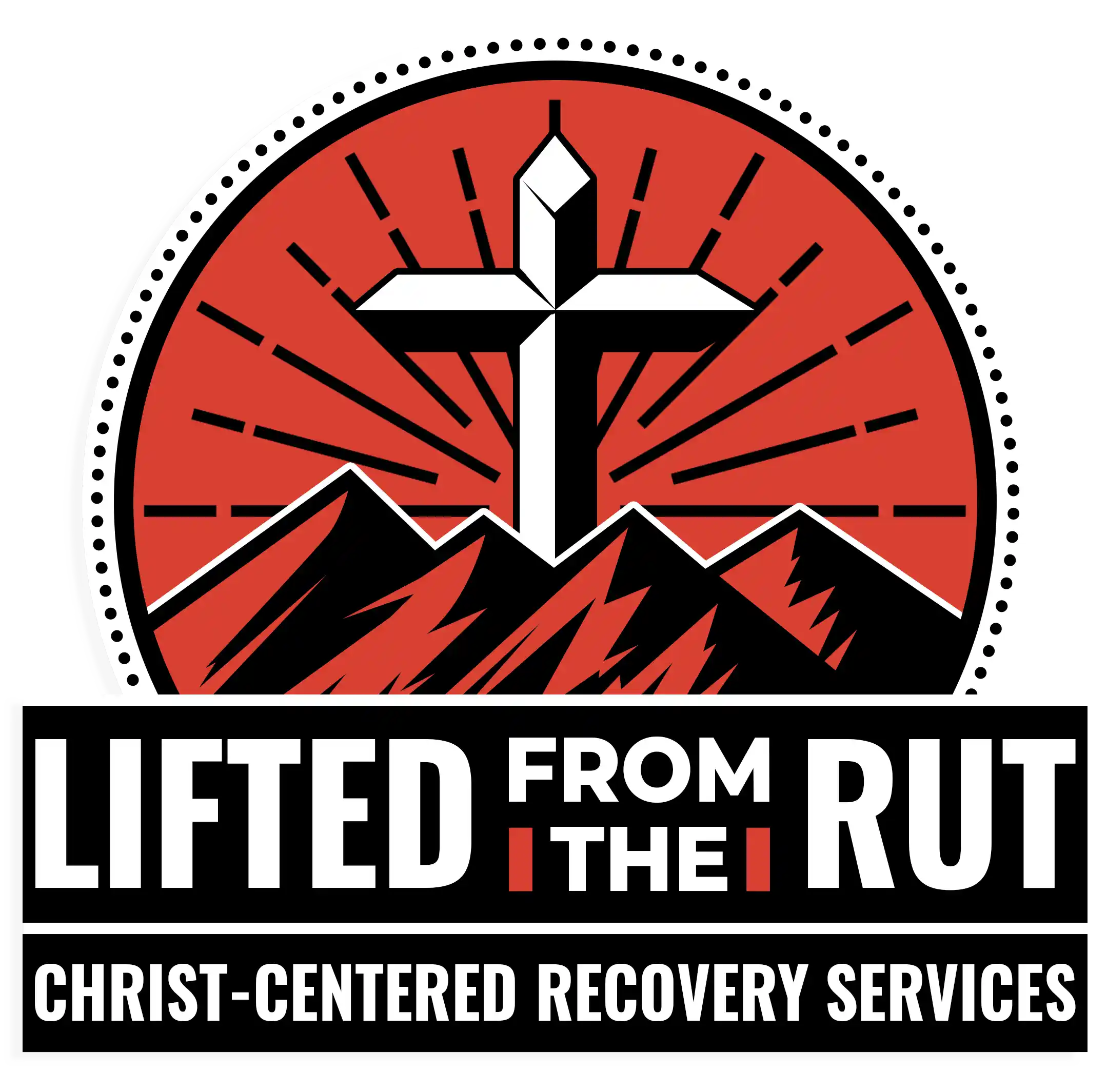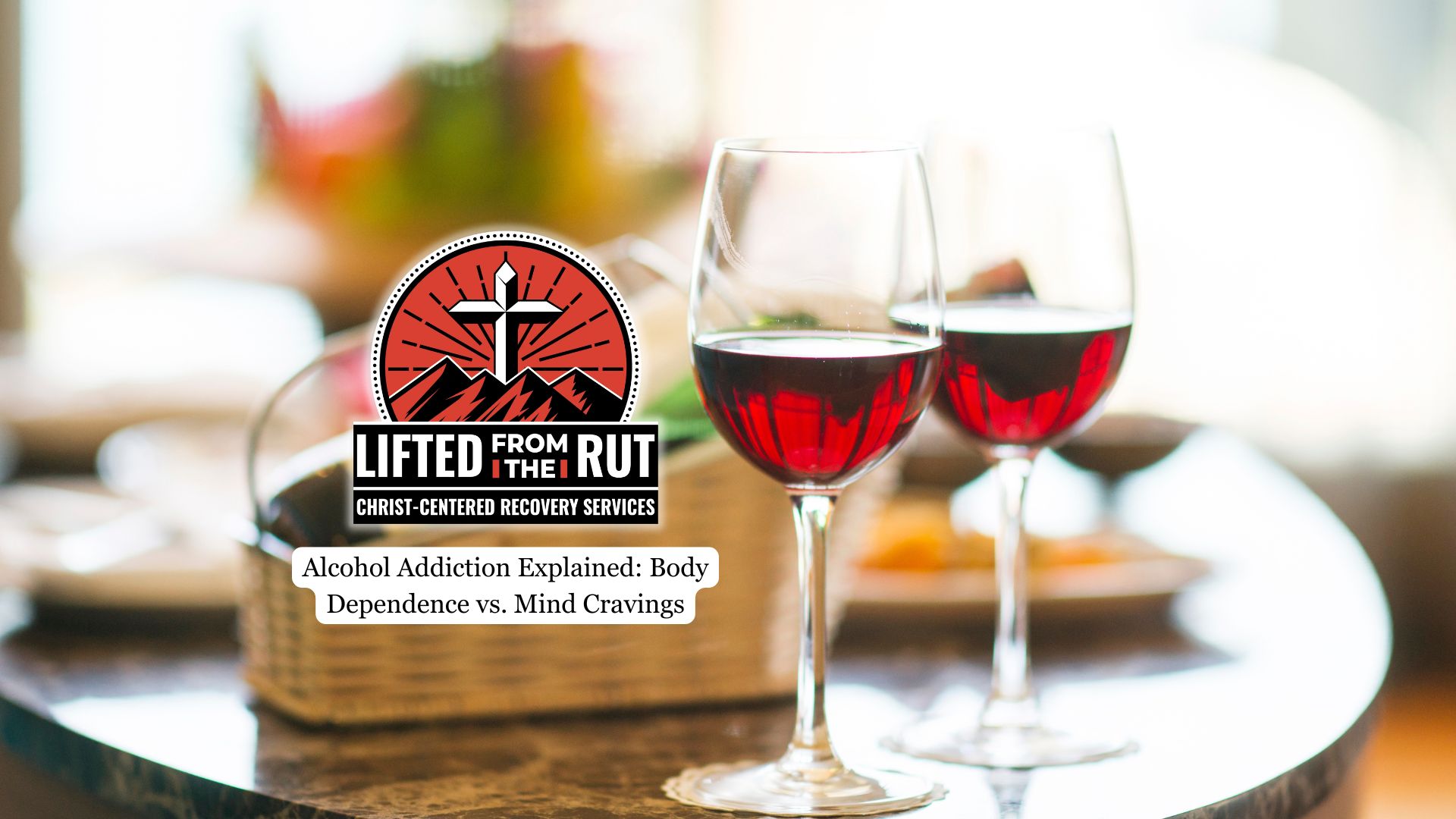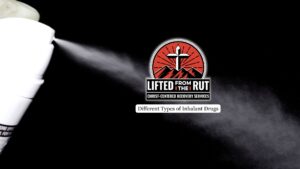Alcohol addiction, also known as Alcohol Use Disorder (AUD), is a multifaceted condition that affects both the body and mind. Understanding the difference between physical dependence and psychological cravings is essential for effective recovery.
In this article, we explore these two critical components of alcohol addiction, explaining how they develop, interact, and influence treatment. This insight helps clarify why addressing both aspects is necessary for lasting sobriety and holistic healing.
Understanding Alcohol Addiction
AUD is characterized by a compulsive need to consume the liquid despite adverse consequences. It is a chronic, relapsing brain disorder that disrupts normal functioning, impacting decision-making, behavior, and health. The process alters brain chemistry and creates patterns that make stopping drinking a complex challenge, involving both physical and psychological elements.
Alcohol addiction treatment is essential for individuals struggling with AUD because it addresses both the physical dependence and psychological need that fuel the disorder. Treatment programs provide a safe environment, expert care, and coping tools to manage these desires effectively, helping individuals break free from AUD and build lasting recovery.
Body Dependence: The Physical Aspect of AUD
Physical dependence occurs when the body adapts to the presence of an addictive substance and becomes reliant on it to function normally. Chronic drinking changes brain chemistry, especially affecting neurotransmitters like dopamine, GABA, glutamate, and opioids. Tolerance develops, requiring more of the substance to achieve the same effects.
When intake suddenly stops, withdrawal symptoms such as anxiety, tremors, sweating, nausea, and in severe cases, seizures, manifest due to the body’s imbalance. This reliance creates a powerful biological drive to continue drinking to avoid discomfort and maintain homeostasis.
Mind Cravings: The Psychological Aspect of Alcohol Addiction
Mind cravings refer to the strong mental urges or desires to consume something, often triggered by environmental cues, emotional states, or stress. These result from learned associations and memories of the pleasurable effects, forming what is known as “reward memory” in the brain.
Psychological need can persist long after withdrawal symptoms subside, sometimes lasting for months or years. Factors such as stress, social situations, or even specific places linked to drinking can activate these urges. The mind’s desire is distinct from physical need, driven by cognition, emotion, and conditioned responses, making cravings a significant relapse risk.
How Body Dependence and Mind Cravings Interact
The interaction between body reliance and mind cravings in AUD is complex and deeply intertwined, creating a cycle that is difficult to break without comprehensive treatment. Physical dependence develops as the body adapts to the continuous presence of the substance, leading to tolerance and withdrawal symptoms when substance use is reduced or stopped.
These withdrawal symptoms, such as anxiety, tremors, and nausea, cause significant discomfort, motivating continued drinking to alleviate them. Meanwhile, psychological need is driven by changes in brain reward pathways and conditioned responses to environmental cues, stress, and emotional triggers. Desire can persist long after the body has healed physically, often leading individuals to relapse despite no longer exhibiting withdrawal symptoms.
Together, these physical and mental components feed off each other: the discomfort of withdrawal heightens psychological urges, while cravings can increase stress and emotional instability, worsening physical symptoms. This reciprocal relationship reinforces addiction’s hold, underscoring the importance of treatment approaches that address both physiological stabilization and psychological coping strategies.
Faith-based and holistic programs often support this by combining medical detox and behavioral therapy with spiritual practices to restore balance in both body and mind, promoting long-term recovery.
Faith and Holistic Perspectives on Body and Mind in Addiction
Faith offers an essential dimension to understanding and healing by addressing both the body and mind within a spiritual context. It provides hope, resilience, and a sense of purpose that supports mental strength during withdrawal and the longing to consume the substance.
Through prayer, scripture, communal worship, and surrender to a higher power, individuals find additional motivation and resilience to overcome hunger by fostering spiritual transformation alongside physical and emotional healing. Community support through spiritual fellowship offers accountability and encouragement, reinforcing recovery efforts and helping individuals find peace beyond the destructive cycle.

Treatment Approaches for Addressing Both Dependence and Cravings
Medical detoxification is the first step in managing physical dependence, ensuring safety and comfort during withdrawal. Following detox, behavioral therapies focus on psychological urges by teaching skills to recognize triggers, manage urges, and build healthier habits. Medication-assisted treatments can help reduce the longing and support brain recovery. Faith-integrated counseling merges clinical interventions with spiritual guidance, offering holistic care that nurtures body, mind, and spirit in recovery.
Strategies for Managing Cravings and Preventing Relapse
Effective craving management includes mindfulness practices, cognitive-behavioral techniques, and stress reduction strategies. Faith communities and support groups provide vital social connections, prayer support, and accountability.
Lifestyle changes such as regular exercise, balanced nutrition, and spiritual disciplines help create stable foundations for long-term sobriety. Planning for relapse prevention involves identifying high-risk situations and developing concrete coping responses grounded in both practical and spiritual resources.
Final Thoughts from LFTR Christ-Centered Rehab Services
Alcohol addiction involves both physical dependence and psychological cravings, each playing a crucial role in the cycle of stopping and using again. Addressing the biological and psychological aspects through integrated medical, behavioral, and faith-based approaches offers the best chance for lasting recovery. Combining professional care with spiritual strength nurtures whole-person healing and empowers individuals to reclaim their lives from substance abuse.
We at LFTR Christ-Centered Rehab Services offer a unique and holistic approach that combines clinical expertise with spiritual wisdom. Rooted in Biblical truth, our compassionate care addresses the physical, emotional, and spiritual aspects of substance use. Integrating faith with evidence-based therapies allows us to support individuals by restoring hope, identity, and purpose through Christ’s love, allowing lasting transformation and healing for those seeking recovery.





